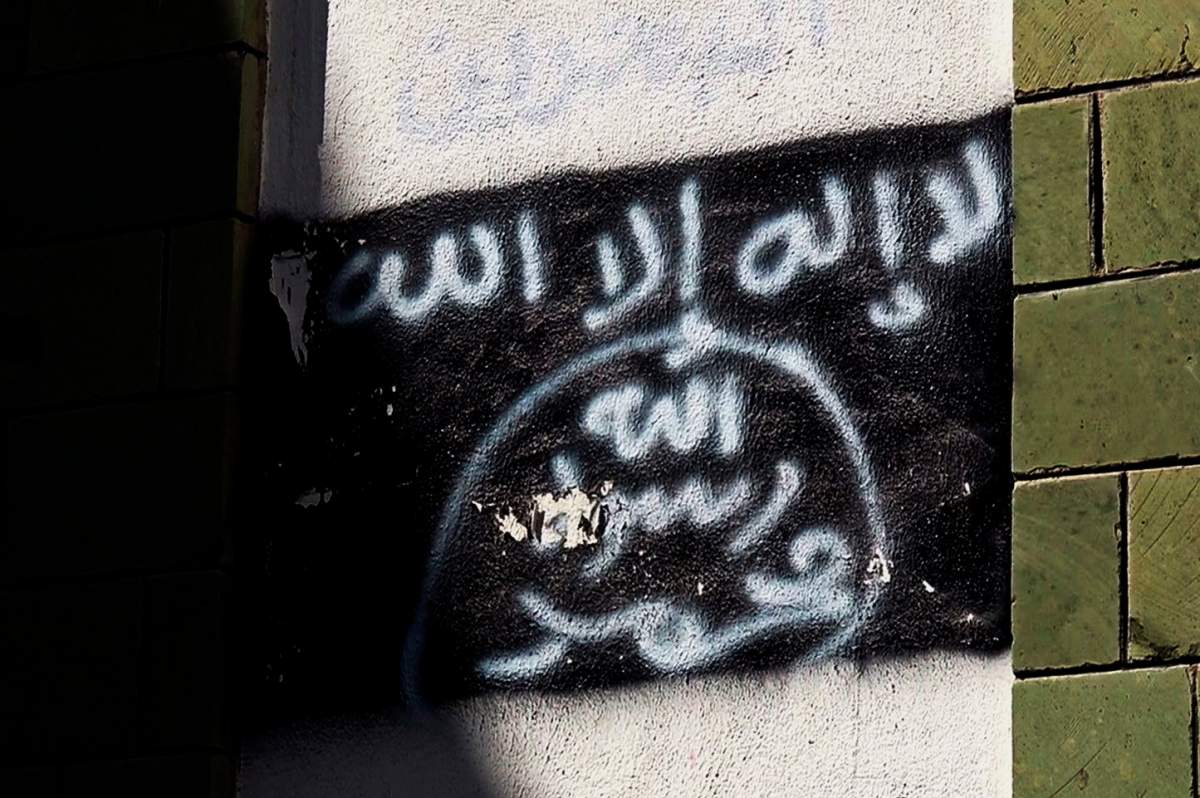The White House says the founder of al-Qaeda in the Arabian Peninsula was killed during a counter-terrorism operation in Yemen on Thursday.

A statement from U.S. President Donald Trump said Qassim al-Rimi was targeted and “successfully eliminated.”
According to the statement, al-Rimi was the leader of al-Qaeda in the Arabian Peninsula (AQAP) and a deputy to al-Qaeda leader Ayman al-Zawahiri.
Al-Rimi joined al-Qaeda in the 1990s, working in Afghanistan for Osama bin Laden.
In his statement, Trump said under al-Rimi, AQAP committed “unconscionable violence” against civilians in Yemen and “sought to conduct and inspire numerous attacks” against the U.S.
“His death further degrades AQAP and the global al-Qaeda movement, and it brings us closer to eliminating the threats these groups pose to our national security,” the statement read. “The United States, our interests, and our allies are safer as a result of his death.”
Prior to his death, al-Rimi claimed in an 18-minute video that his group was responsible for the Dec. 6 shooting at Naval Air Station Pensacola.
He called the shooter, Saudi Air Force officer Mohammed Alshamrani, a “courageous knight” and a “hero.” The shooter opened fire inside a classroom at the base, killing three people and wounding two sheriff’s deputies before one of the deputies killed him. Eight others were also hurt.

Get breaking National news
The shooting focused public attention on the presence of foreign students in American military training programs and exposed shortcomings in the screening of cadets. In January, the U.S. sent home 21 Saudi military students, saying the trainees had jihadist or anti-American sentiments on social media pages or had “contact with child pornography,” including in internet chat rooms.
Trump’s announcement confirmed earlier indications that al-Rimi had been killed. In late January, a suspected U.S. drone strike destroyed a building housing al-Qaeda militants in eastern Yemen. Also, on Feb. 1, Trump retweeted several other tweets and media reports that seemed to offer confirmation that the strike had killed al-Rimi.
“It certainly adds to the degradation of al-Qaeda,” Seth Jones, director of the Center for Strategic and International Studies Transnational Threats Project, said of the senior official’s death.
Jones called al-Rimi’s killing a “serious blow” to the organization, but not to expect retribution anytime soon.
“It’s important to recognize the impact is likely to be more at a local level than it will be at a regional or global level,” he said. “The targeting of individuals is more likely to have an effect in the areas they’re coming from rather than the movement writ large.”
Following the death of several high-ranking officials over the last decade, including expected heir to the al-Qaeda throne, Hamza Bin Laden, in September, Jones said there has been a “real decentralization” of al-Qaeda and Islamic State movements.
Being less constrained by the perspectives of individual leaders, Jones said al-Qaeda was more focused on local conflicts, posing serious and unprecedented challenges to the group’s enemies. He added al-Rimi’s death was “par for the course” with the way the U.S. Has been targeting the terrorist organization.
“This killing will have more of an impact likely in Yemen than it will be globally on al-Qaeda, because the organization has pretty active affiliates in West Africa, North Africa, East Africa, in Afghanistan, in Syria. So they’ll continue to operate, but as local franchises,” he said.
Al-Rimi’s death at the hands of the U.S. comes one month after the targeted killing of Iran’s Revolutionary Guard Corps’ Quds Force Gen. Qassem Soleimani and five months after the fatal attack on Abu Bakr al-Baghdadi, the Iraqi-born leader of the Islamic State.
Five days after Soleimani’s death on Jan. 3, Iran launched a ballistic missile attack on two Iraqi bases housing U.S. soldiers, one of which was near the city of Irbil that housed Canadian soldiers. Moments later, the IRGC shot down a Ukrainian airliner en route from Iran to Kyiv, killing all 176 people on board — including 57 Canadians.
Iranian officials first insisted the aircraft crashed due to a mechanical issue, but eventually admitted three days later the Revolutionary Guard accidentally shot down the plane.
— With files from The Associated Press.










Comments
Want to discuss? Please read our Commenting Policy first.